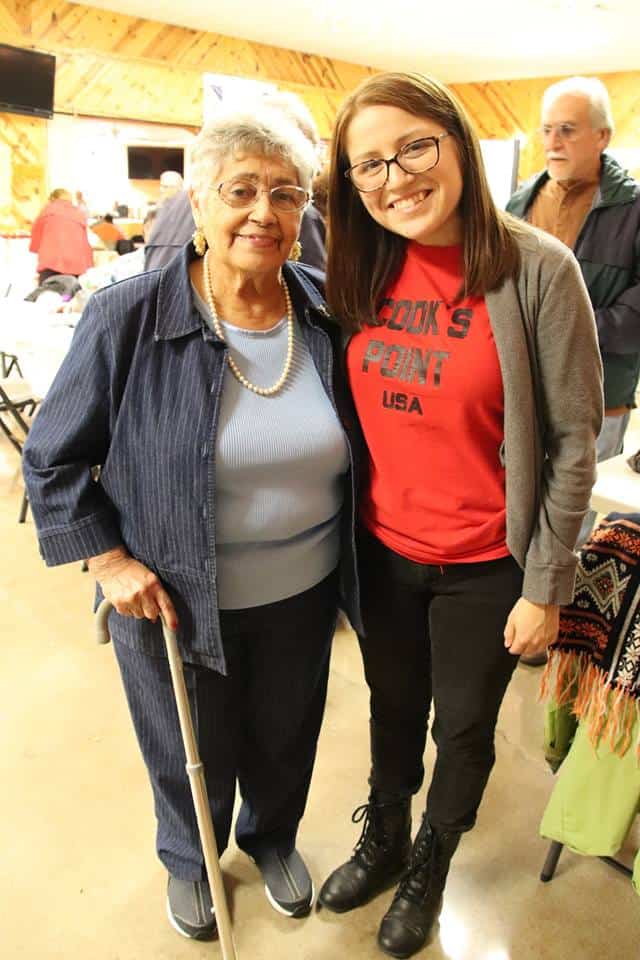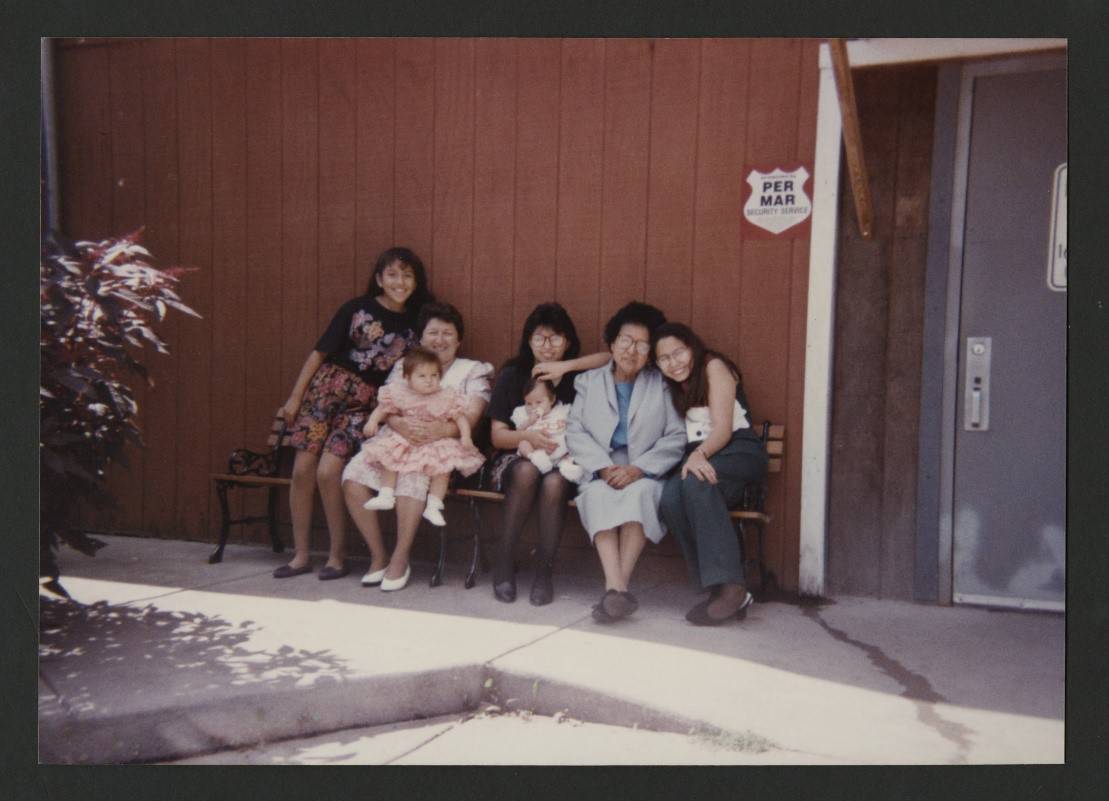Below is a reflection from Micaela Terronez, Olson Graduate Assistant, on a recent talk about her interest in the Mexican barrios of the Quad Cities at a local community gathering in Davenport, Iowa. She will be giving a version of this talk at “Workers’ Dream for an America that ‘Yet Must Be’ Struggles for Freedom and Dignity, Past andContinue reading “History Reflected Back: Part II”
Tag Archives: holy city
History Reflected Back: Part I
Below is a reflection from Micaela Terronez, Olson Graduate Assistant, on a recent talk about her interest in the Mexican barrios of the Quad Cities at a local community gathering in Davenport, Iowa. She will be giving a version of this talk at “Workers’ Dream for an America that ‘Yet Must Be’ Struggles for Freedom and Dignity, Past andContinue reading “History Reflected Back: Part I”

